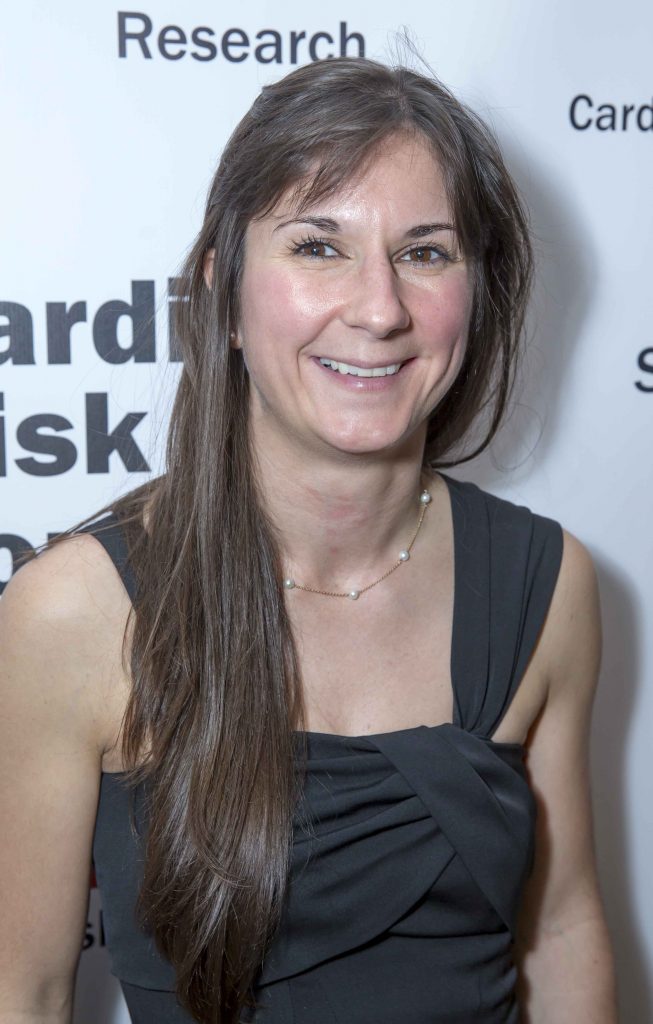
ECGs are simple. They only take 10 minutes and can save many young lives. CRY wants all young people to have the chance to be screened, to prevent tragedies occurring and provide peace of mind for thousands of young people and their families every year.
CRY Research Fellow Dr Gemma Parry-Williams gave a great explanation of the screening process and highlighted why it’s so easy for everyone to take part in an interview with BBC Radio Lancashire while she was attending a CRY screening event in Garstang.
“The first step is that every individual screened will complete a health questionnaire,” Dr Parry-Williams said. “They will answer questions about any symptoms they might have and they’ll tell us about any past medical history that might be relevant. Probably most importantly they’ll tell us about any history in their family of anybody dying suddenly or unexpectedly at a young age, which might suggest to us that there may be an underlying condition running through their family, which often these conditions do.
“Subsequently to that they will undertake a 12-lead ECG, which is an electrical tracing of the heart and is a very sensitive test when picking up some of these conditions that we’re looking for. Once they’ve done that, they will then come to see me, I will review their questionnaire, go through anything they’ve written on the questionnaire that’s irrelevant and get further details, and then examine the ECG, the electrocardiogram.”
Dr Parry-Williams also advised young people to stay active: “I’d say probably the most important thing is to keep fit and exercise. Everything in moderation. So, recommended exercising is 150 minutes a week or 30 minutes a day of moderate intensity exercise, which is what the World Health Organisation recommends. I think that’s probably the most important message to give to everybody that comes today and I do try to explain to people that if they do that, they’ll live healthier and happier and they’re less likely to get diseases that are the biggest killers in the UK such as Alzheimer’s, heart disease and diabetes. And anxiety and depression too; exercise is fantastic and can be helpful for combating that as well.”
This is valuable advice and something that we strongly recommend. There can be understandable caution for young people when they hear of sudden cardiac deaths that have occurred during exertion, or collapses such as the case of former footballer Fabrice Muamba.
However, it’s so important to know that most sudden deaths occur during rest and intense exercise will only increase risk if there is already an underlying condition. Staying active, in addition to being screened to prevent any chance of a tragedy, is vital.
If you’re aged 14-35 and would like to attend a free CRY screening please visit our testmyheart website. If there isn’t currently a CRY screening in your area please complete a screening interest form and you will be notified when one becomes available.





